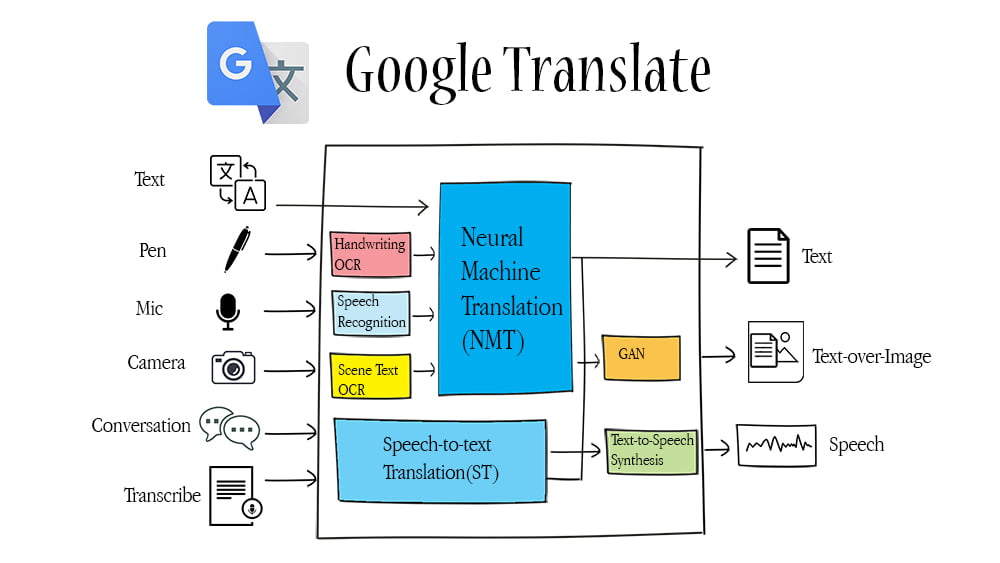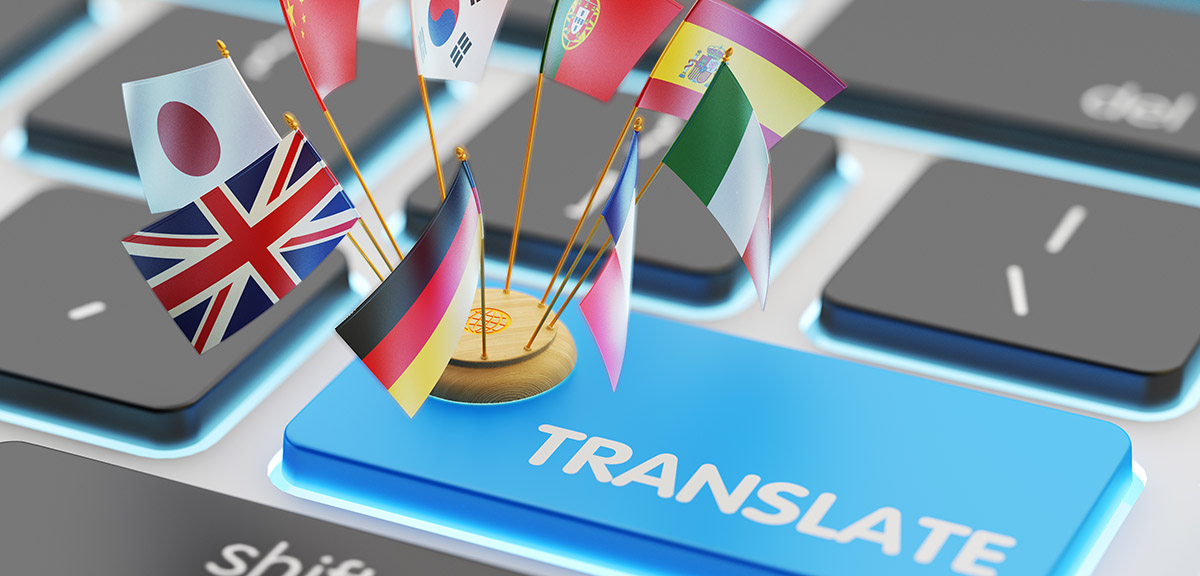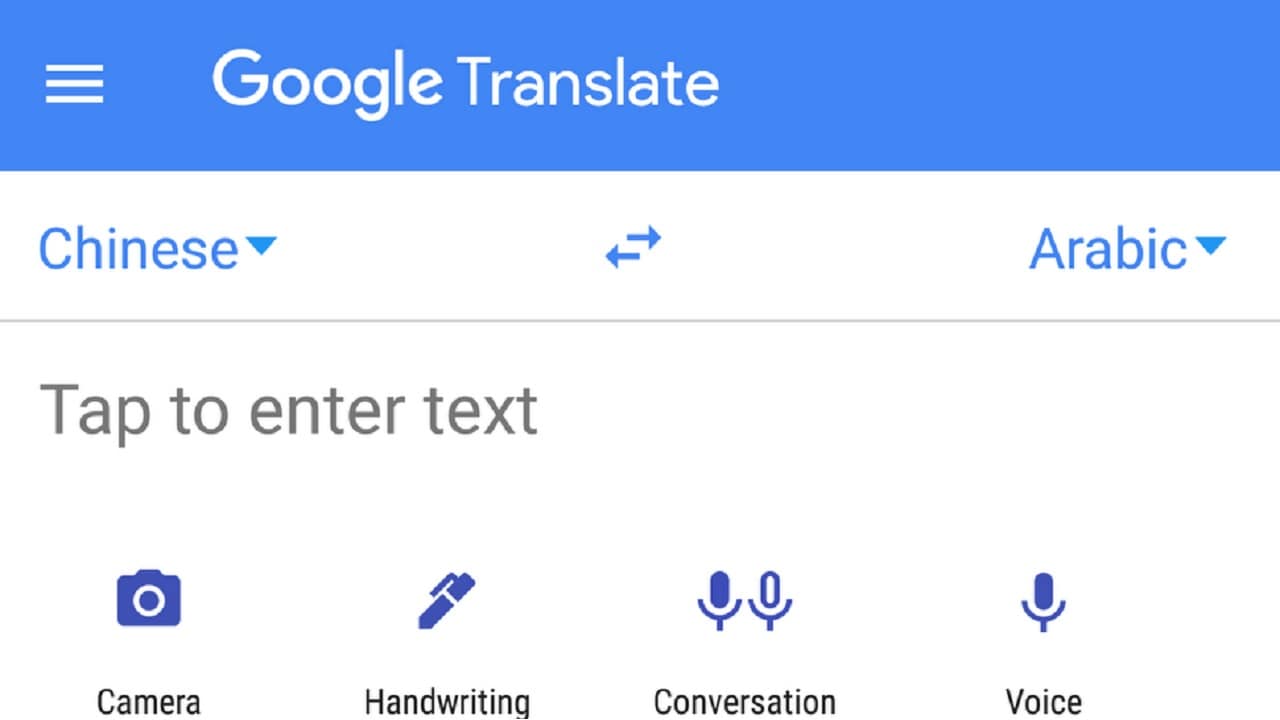Importance and Benefits of translation
The importance and benefits of translation are profound and far-reaching, encompassing a wide range of domains from communication and diplomacy to literature, business, and technology. As a fundamental tool for breaking down language barriers, translation plays a pivotal role in fostering global understanding, cooperation, and progress.
1. Cross-Cultural Communication: Translation is paramount in facilitating communication across linguistic and cultural boundaries. In a world with a multitude of languages spoken, effective communication is a challenge. Translation allows individuals and communities to exchange ideas, share information, and engage in meaningful dialogue. This is especially crucial in multicultural societies, international business, and diplomatic relations where diverse languages are encountered.
2. Global Business Expansion: Businesses operating on an international scale rely heavily on translation for successful expansion. From marketing materials and product information to legal documents and contracts, accurate translation ensures that businesses can effectively communicate with their target audiences, adhere to local regulations, and establish a strong presence in foreign markets. Translation is, therefore, a key driver of global economic growth and trade.
3. Access to Knowledge and Information: Translation opens up access to a wealth of knowledge and information that may be originally written in languages not widely understood. Academic research, scientific advancements, and literary works from diverse cultures can be made accessible to a broader audience through translation. This democratization of information contributes to the collective progress of humanity and promotes a more inclusive intellectual landscape.
4. Cultural Enrichment: One of the profound benefits of translation is its role in cultural enrichment. Through the translation of literature, films, art, and other cultural expressions, individuals can explore and appreciate the diversity of global cultures. Translation serves as a bridge that connects people, fostering mutual understanding and respect. It contributes to the preservation and dissemination of cultural heritage, preventing the loss of valuable traditions and insights.
5. Diplomacy and International Relations: Translation is a linchpin in diplomacy and international relations. Accurate translation of treaties, agreements, and diplomatic communications is essential to prevent misunderstandings and ensure that the intentions of all parties are clearly understood. In the absence of effective translation, diplomatic relations can be strained, potentially leading to conflicts and tensions between nations.
6. Legal Accuracy and Compliance: In legal contexts, precision is paramount. Legal documents, contracts, and agreements must be translated accurately to maintain their legal validity and ensure compliance with local laws. The consequences of mistranslation in legal matters can be severe, leading to disputes, financial losses, and damage to the reputation of individuals and businesses.
7. Technological Advancements: In the digital era, translation is crucial for the global dissemination of information through the internet. Websites, software, and digital content need to be translated to reach a diverse online audience. Machine translation technologies, coupled with human expertise, have played a significant role in making information available in multiple languages, fostering a more connected and accessible digital environment.
Uses of Translator
8. Preservation of Languages: Translation contributes to the preservation of languages, especially those facing the risk of extinction. By translating texts, documents, and oral traditions, languages can be documented and passed down to future generations. This helps maintain linguistic diversity, recognizing the intrinsic value of each language and the cultural identity it represents.

9. Educational Impact: In educational settings, translation facilitates the exchange of knowledge and ideas among students and scholars from different linguistic backgrounds. It allows for the dissemination of research findings, academic publications, and educational materials on a global scale, promoting a more inclusive and collaborative academic environment.
10. Breaking Down Barriers in Healthcare: Translation is crucial in healthcare settings, where accurate communication is a matter of life and death. From patient-doctor interactions to the translation of medical documents and research, ensuring that information is conveyed accurately is essential for providing effective healthcare to individuals from diverse linguistic backgrounds.
11. Media and Entertainment Industry: The media and entertainment industry heavily relies on translation for reaching international audiences. Subtitling, dubbing, and translation of scripts enable films, TV shows, and other forms of entertainment to transcend language barriers and appeal to a global audience. This not only broadens the reach of cultural products but also fosters cross-cultural appreciation.
12. Crisis Management and Emergency Response: In times of crisis or emergency, effective communication is crucial. Translation services are essential for disseminating critical information, warnings, and instructions to diverse communities. Mistranslations in such contexts can have severe consequences, emphasizing the importance of accurate and timely translation in crisis management.
13. Social and Political Impact: Translation plays a significant role in shaping public opinion and influencing political discourse. Translated speeches, articles, and documents allow ideas to be disseminated across borders, impacting global conversations on social, political, and environmental issues. It enables individuals to engage with a diversity of perspectives, fostering a more informed and interconnected global citizenry.
14. Enhanced Interpersonal Relationships: On a personal level, translation fosters enhanced interpersonal relationships among individuals from different linguistic and cultural backgrounds. It enables people to connect, share experiences, and build meaningful connections, contributing to a more harmonious and integrated global society.
15. Ethical Considerations: Ethically, translation plays a crucial role in ensuring that information is accurately and respectfully conveyed across languages. Translators must navigate cultural nuances and sensitivities, avoiding misinterpretations or misrepresentations that could lead to cultural insensitivity or harm. Ethical translation practices are essential for fostering trust and mutual respect.

conclusion
In conclusion, the importance and benefits of translation are vast and multifaceted, touching nearly every aspect of human interaction in our globalized world. From fostering cross-cultural understanding and enabling global business expansion to preserving cultural heritage and facilitating diplomatic relations, translation is a cornerstone of effective communication and cooperation. As technology continues to advance, the role of translation in connecting people and cultures is likely to become even more pivotal, contributing to a more interconnected and harmonious global community.

